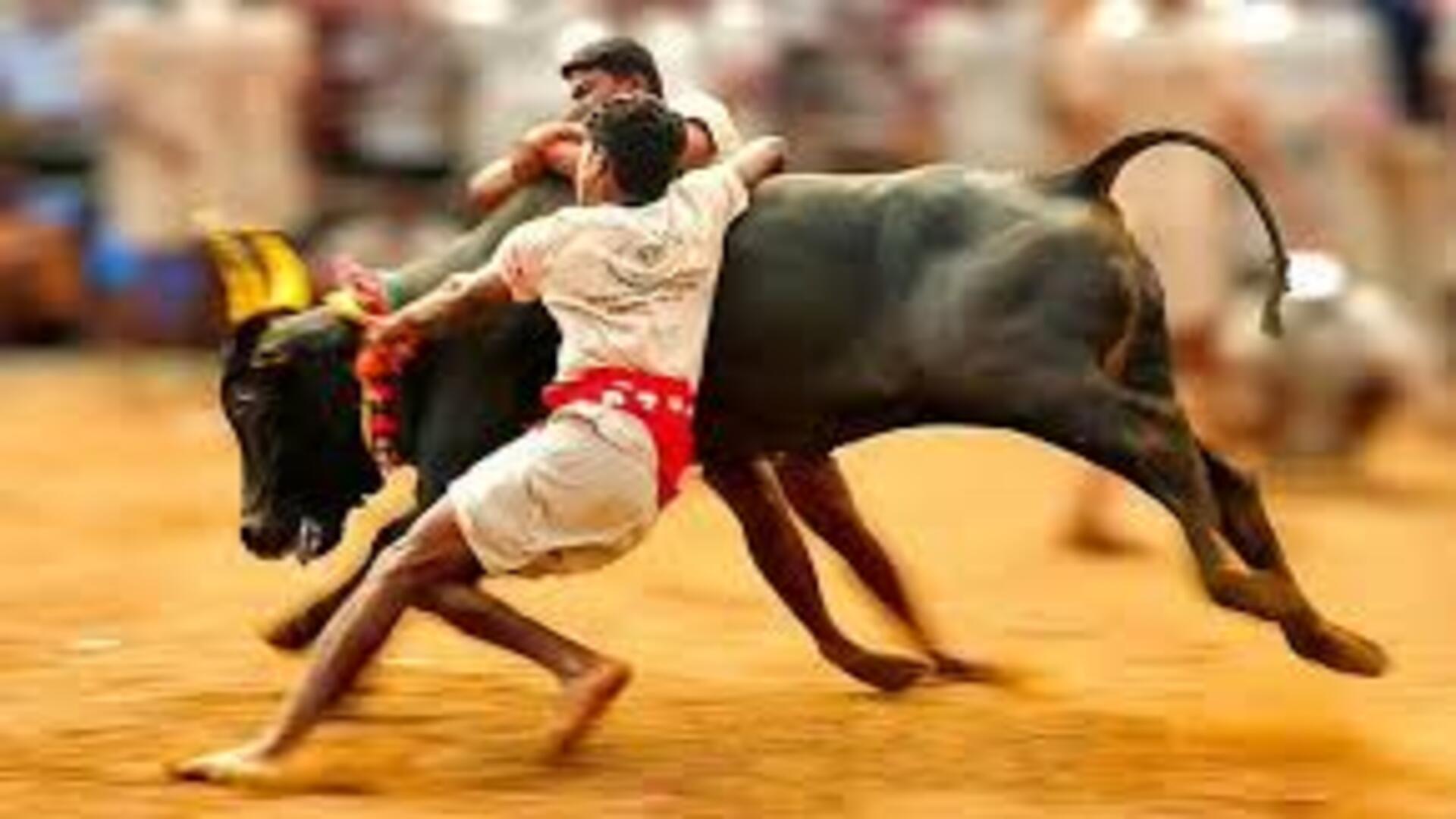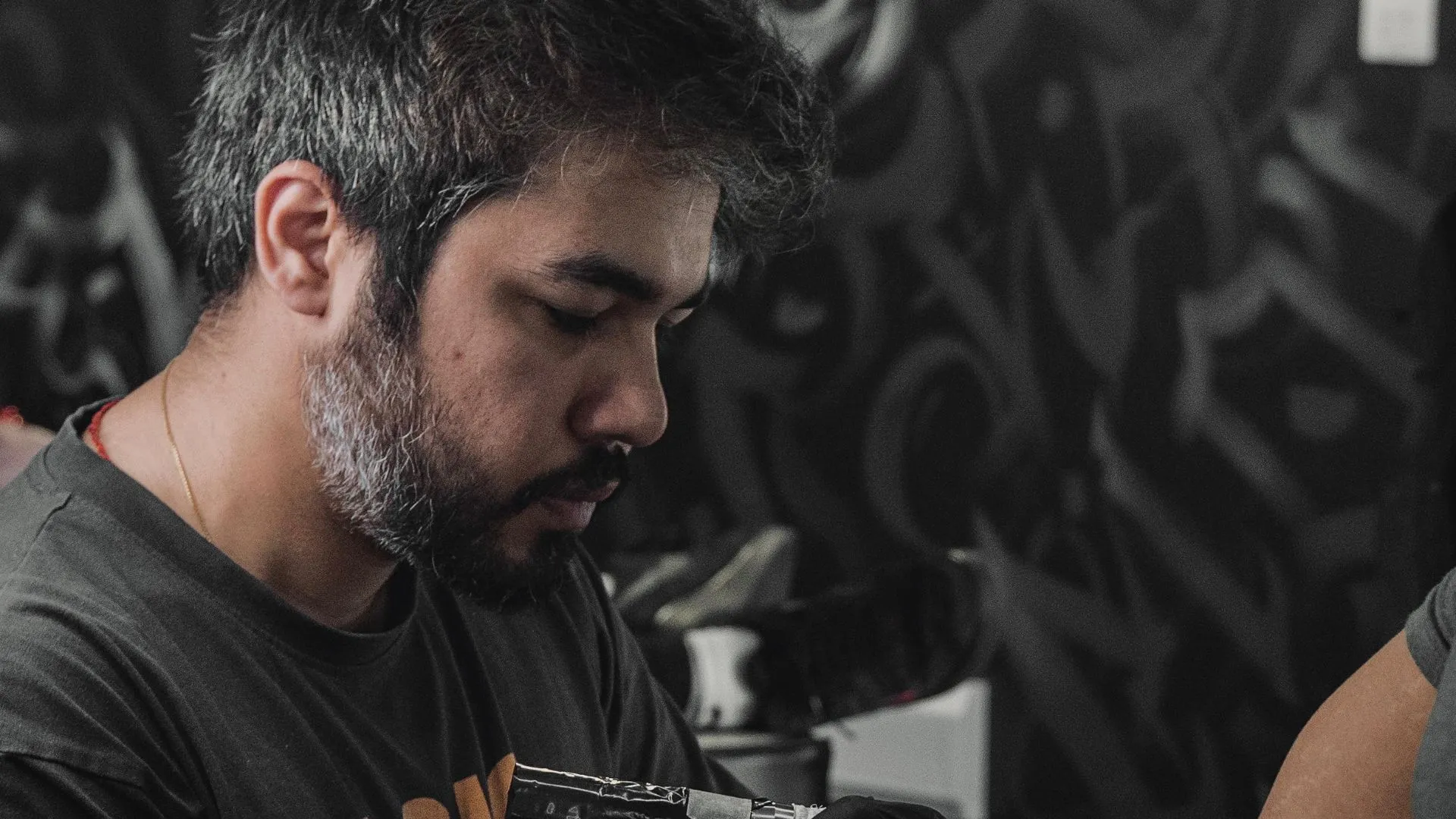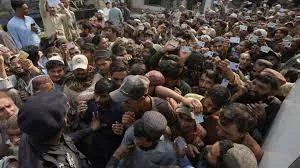Several persons were injured at the Jallikattu event in Tamil Nadu’s Sivaganga district.
On Saturday, the festival, known as Manjuvirattu, took place in Araliparai village, Sivaganga district.
Previously, a Jallikattu event was held in Kulathur village in Tamil Nadu’s Pudukkottai district.
According to the organizers, 700 bulls and 350 tamers took part in the event.
Police officers were stationed in the village for protection. The event’s first round resulted in 15 injuries.
On January 6, the first Jallikattu of the year took place in Thatchankurichi village, Pudukkottai district, Tamil Nadu. The bull-taming sport began on January 15 in Avaniyapuram, Madurai district, and concluded on January 16 in Palamedu, Madurai district.
Animal rights organisations have advocated for a ban on the sport, citing the risk of injury to both players and the bull. However, in May 2023, the Supreme Court upheld the Tamil Nadu government’s law legalizing the bull-taming sport Jallikattu in the state.
The Tamil Nadu government supported Jallikattu, stating to the Supreme Court that sporting events can equally be cultural events with no cruelty to the bulls.
Jallikattu is an age-old festival observed mostly in Tamil Nadu as part of the Pongal celebrations.
In Jallikattu, a bull is released into a crowd, and participants attempt to stop the bull by grabbing the big hump on its back.
Jallikattu originated in 400-100 BC among the Ayars, an ethnic tribe in India.
The name is coined from two words: Jalli (silver and gold coins) and Kattu (tied).























